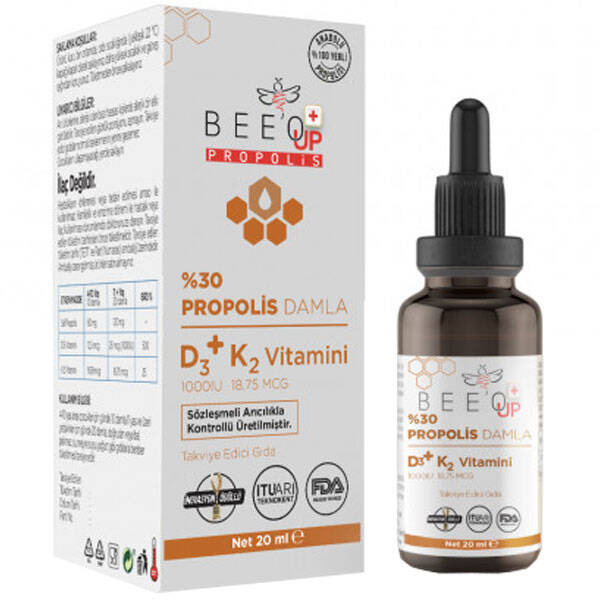
- Beeo
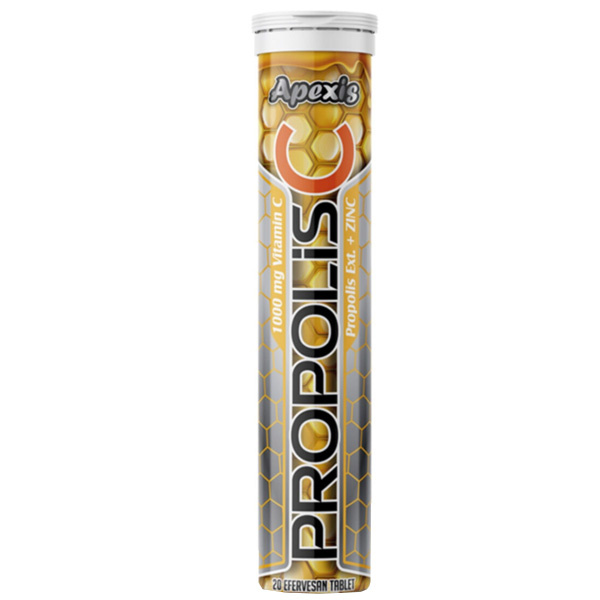
- Apexis
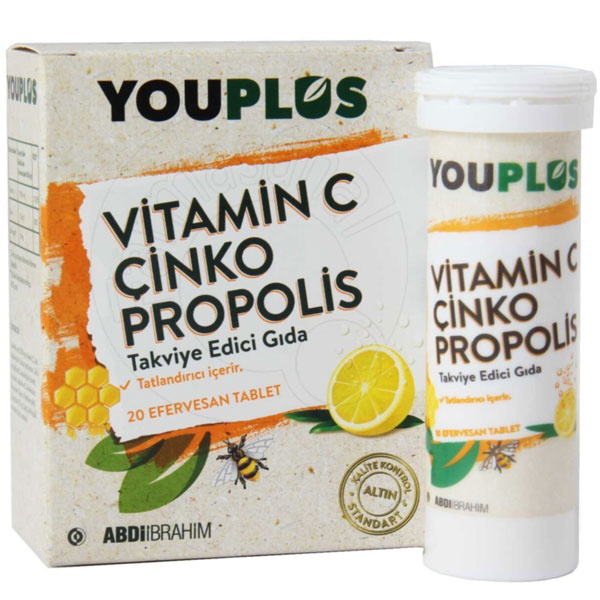
- Abdi İbrahim
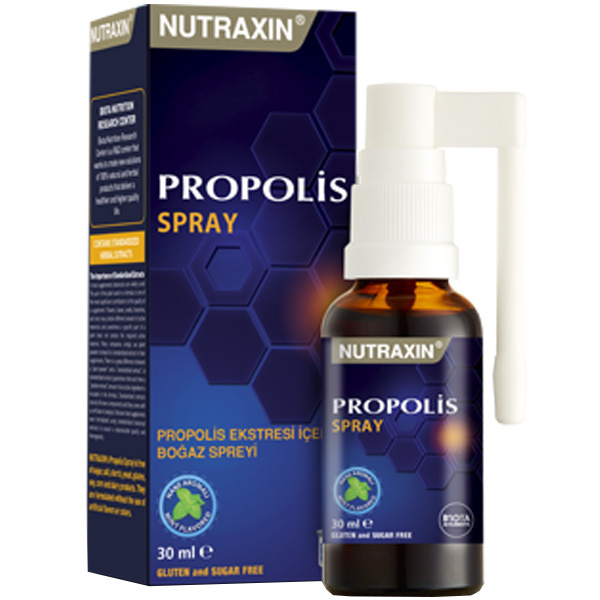
- Nutraxin
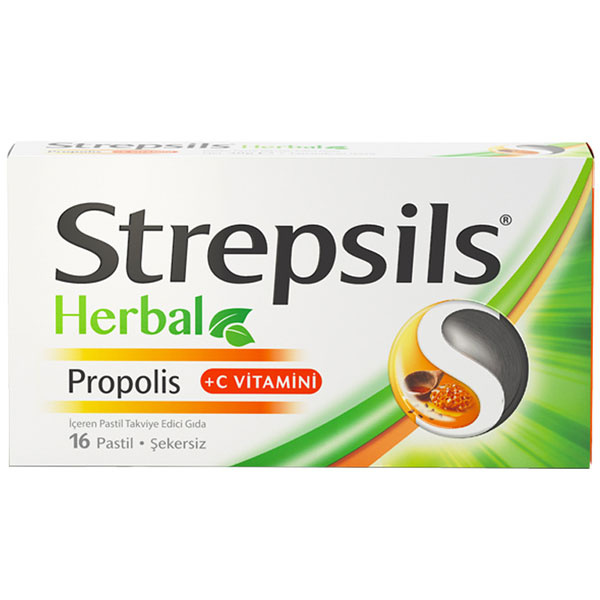
- Strepsils
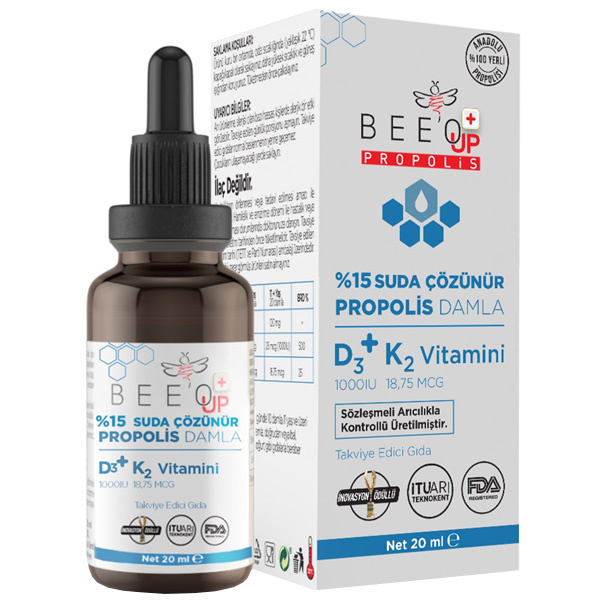
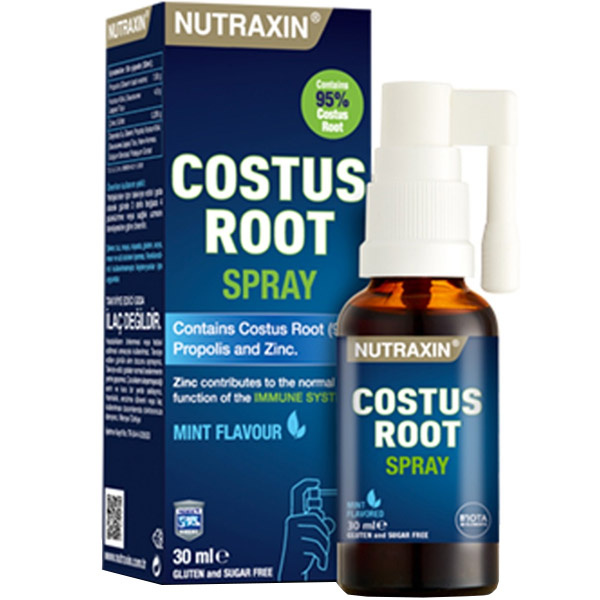
- Nutraxin
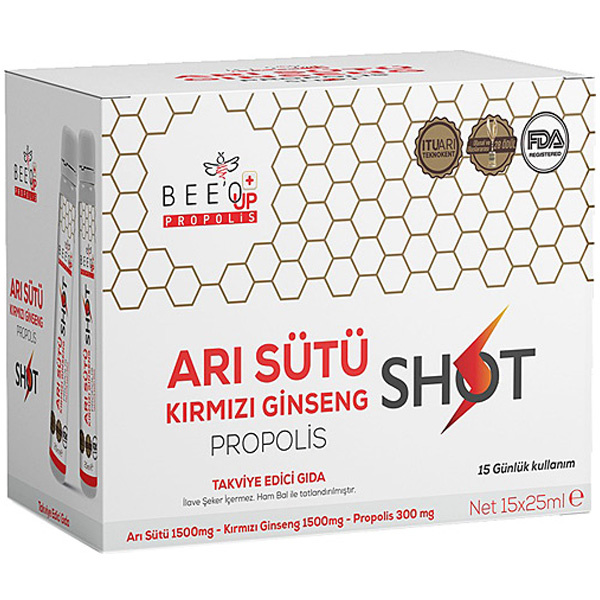
- Beeo
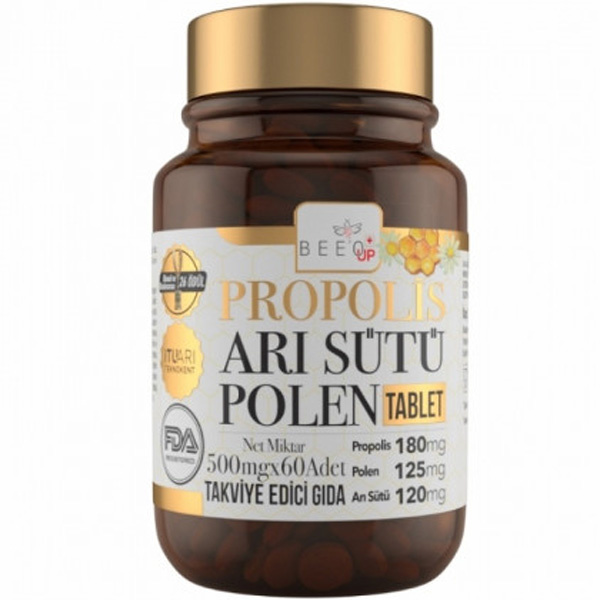
- Beeo
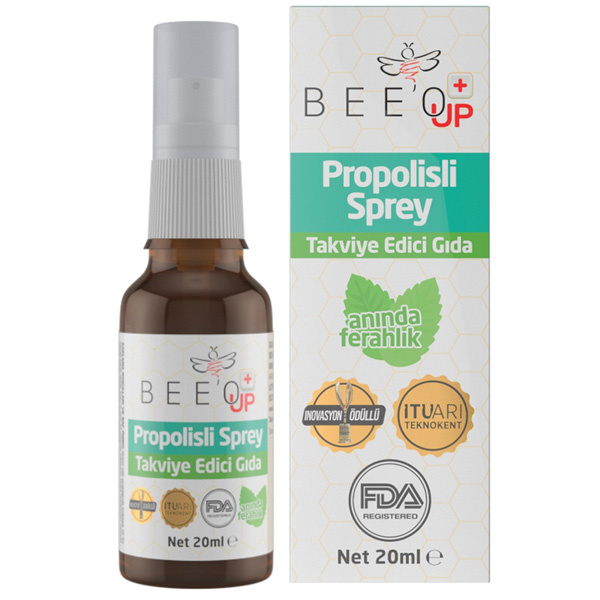
- Beeo
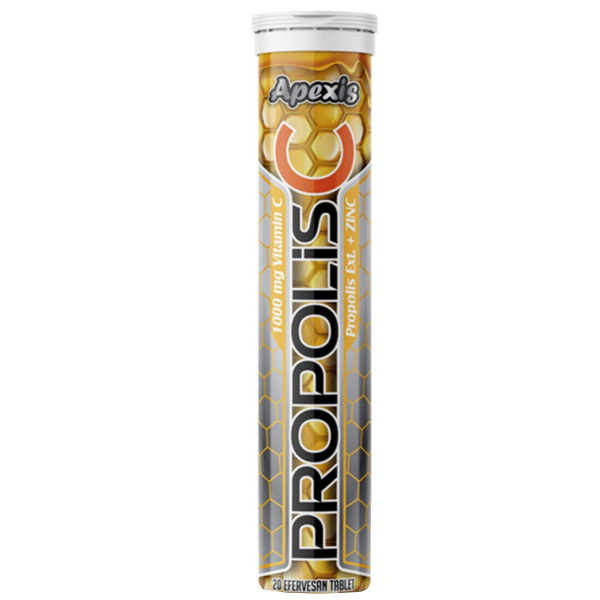
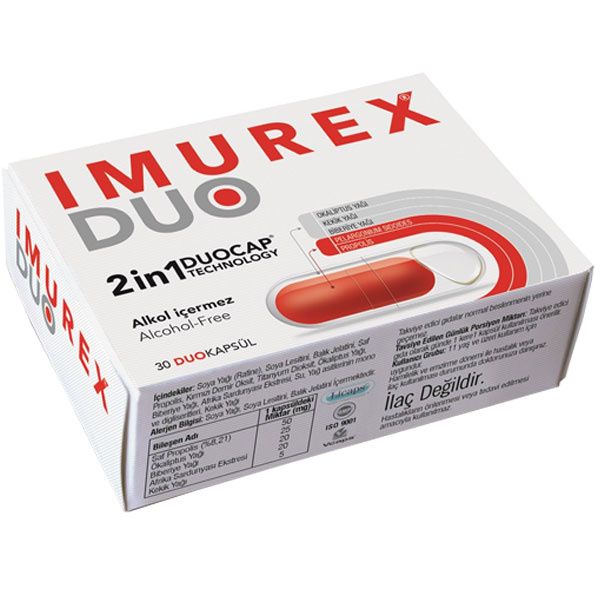
- Anti Natural
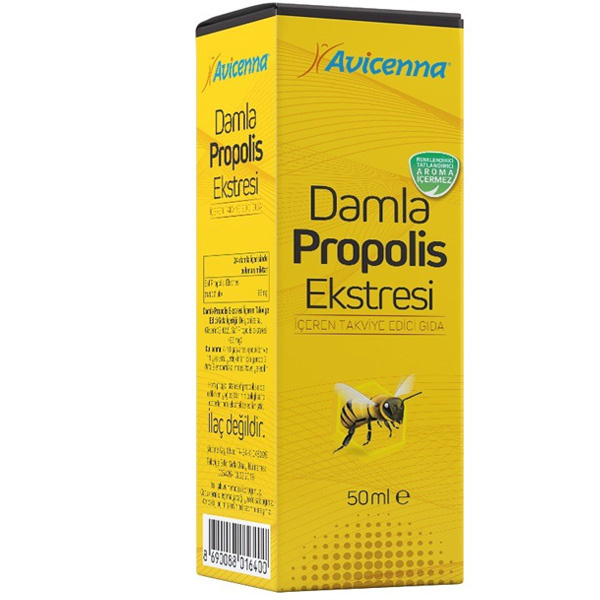
- Avicenna
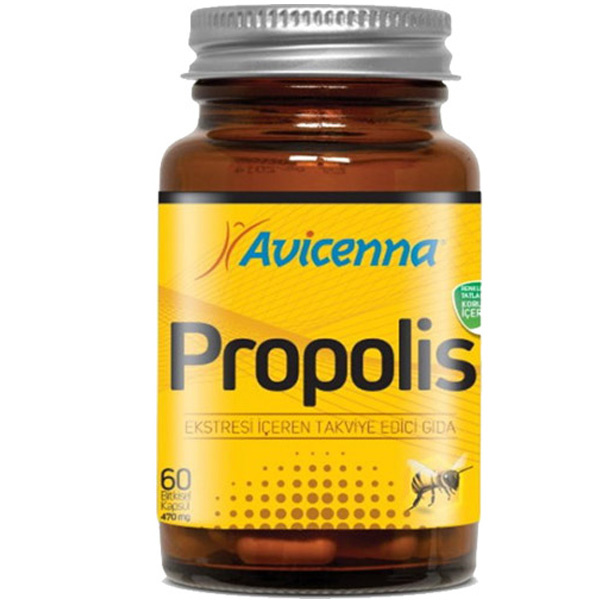
- Avicenna
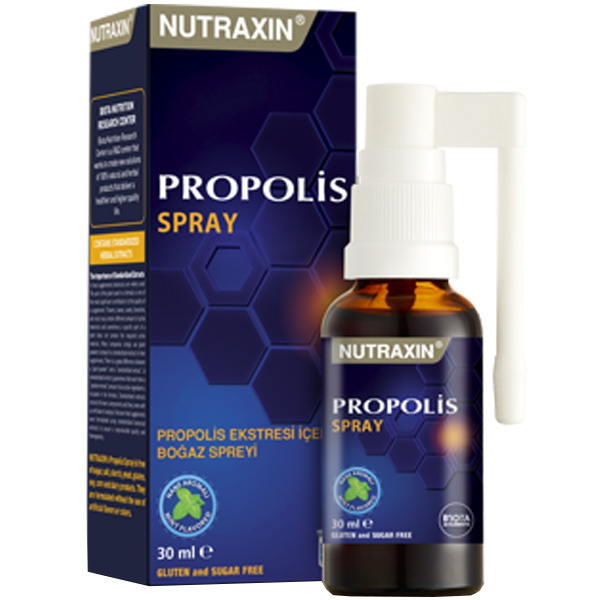
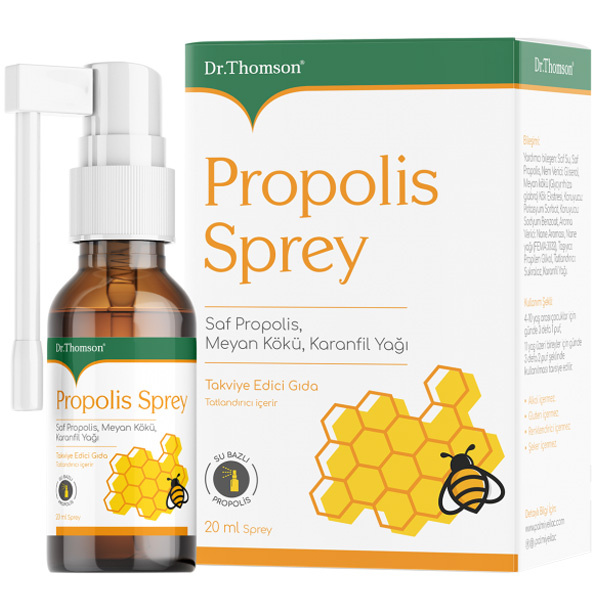
- Dr Thomson
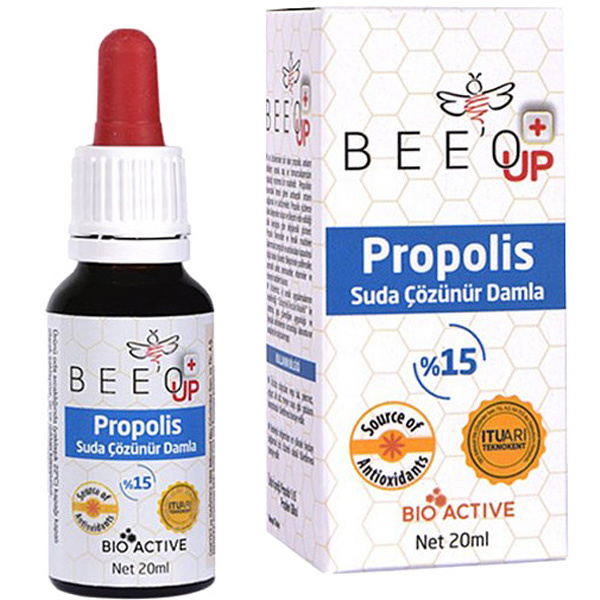
- Beeo
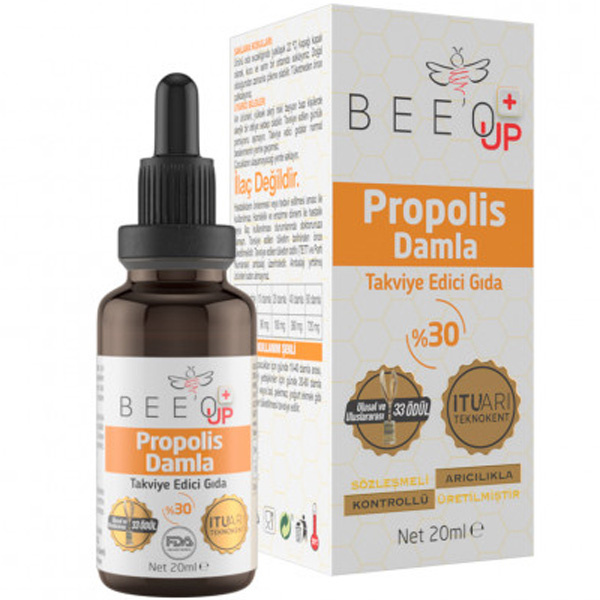
- Beeo

- Beeo
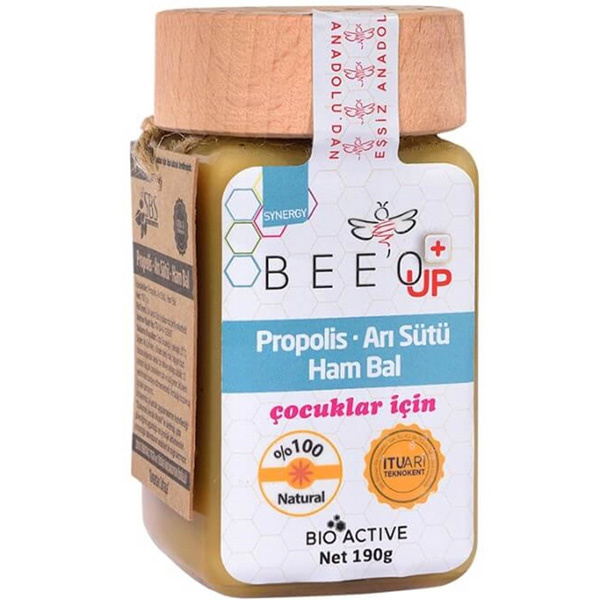
- Beeo
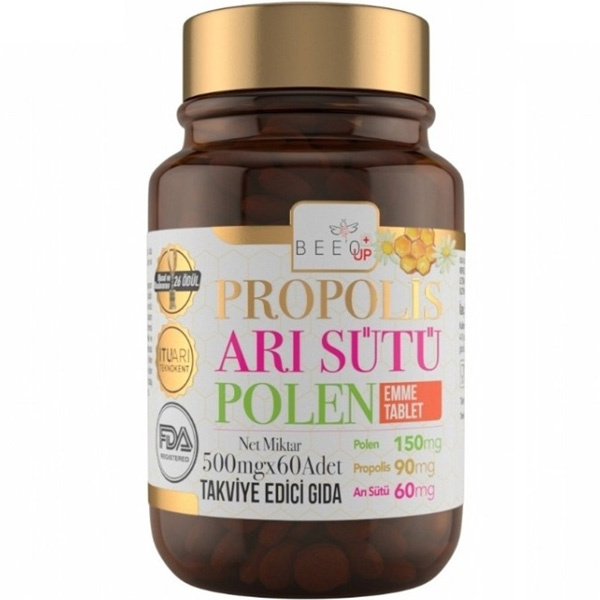
- Beeo
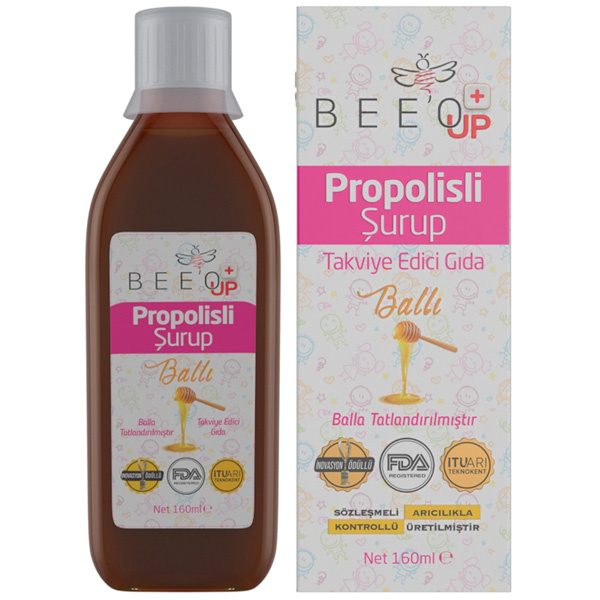
- Beeo
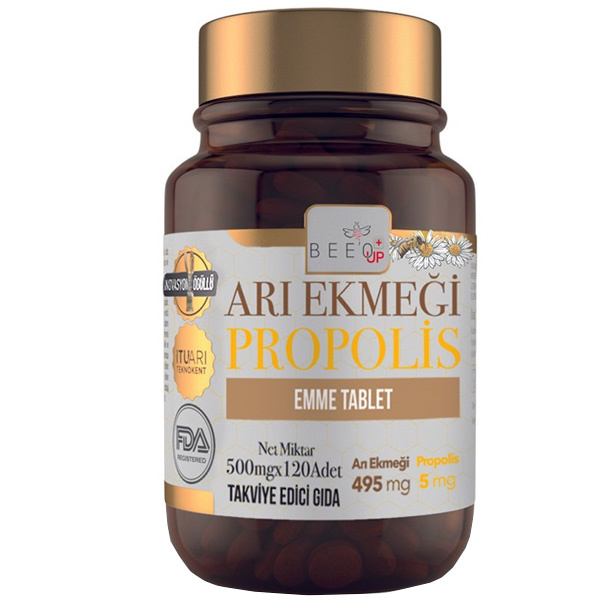
- Beeo
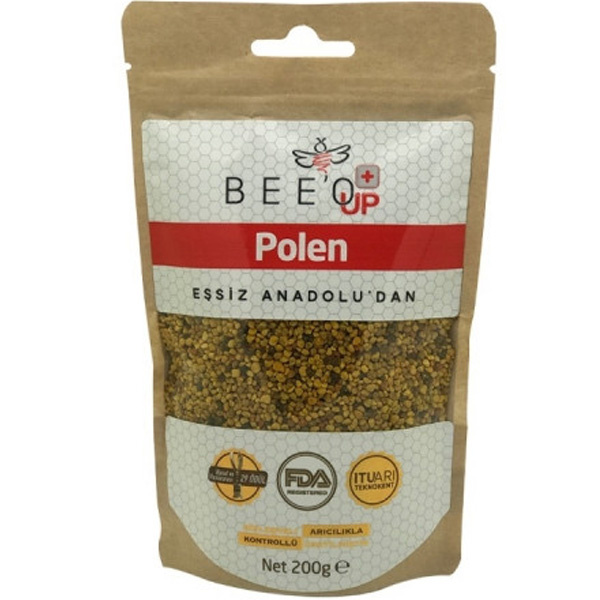
- Beeo
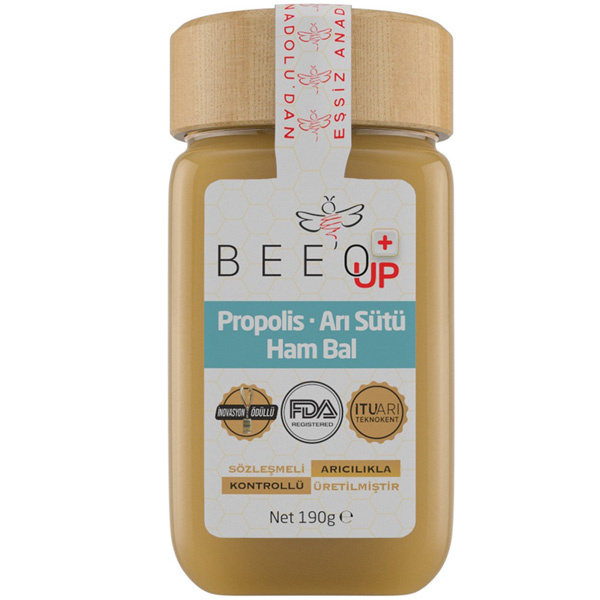
- Beeo
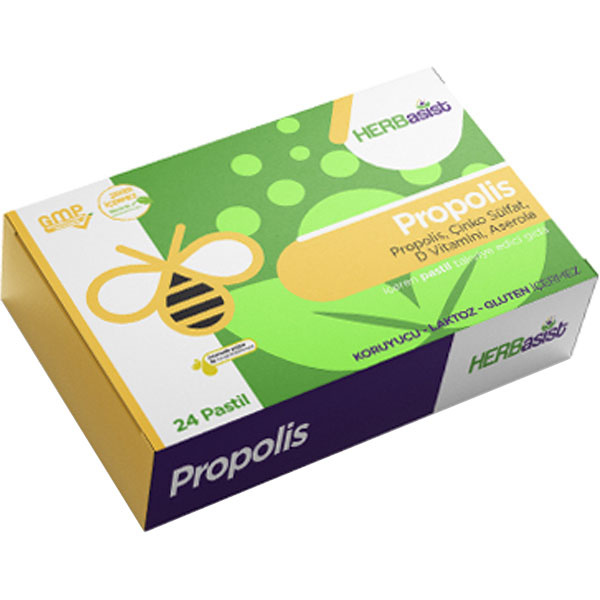
- Herbasist
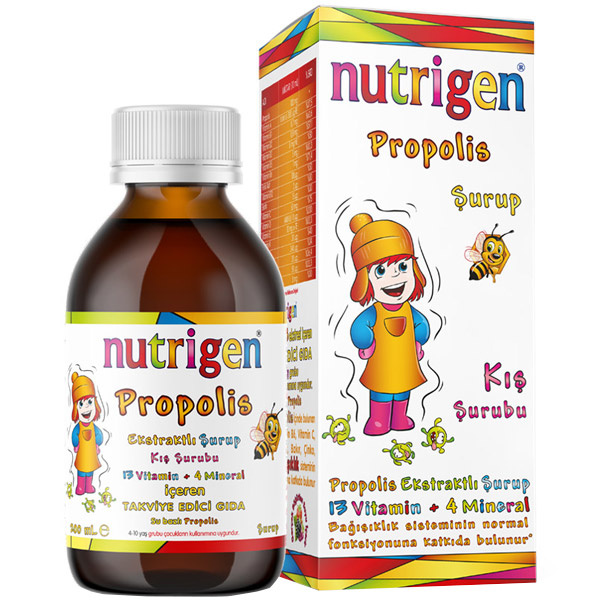
- Nutrigen
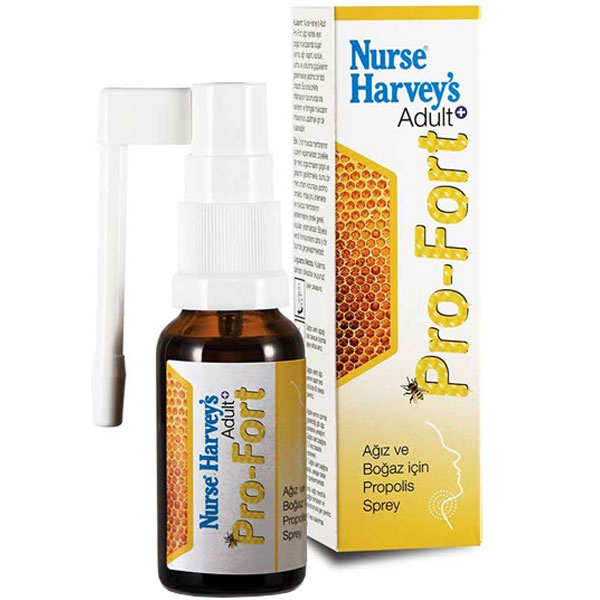
- Nurse Harveys
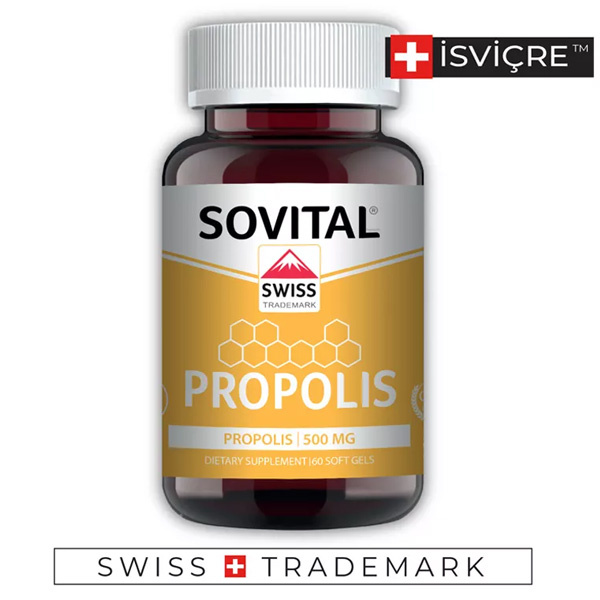
- Sovital
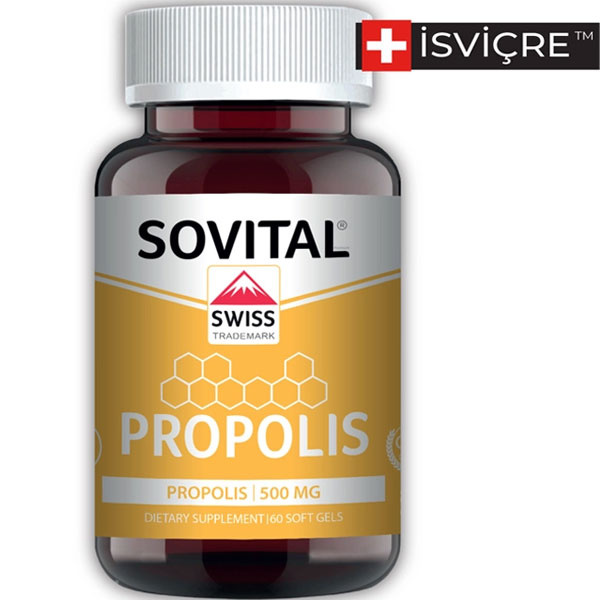
- Sovital
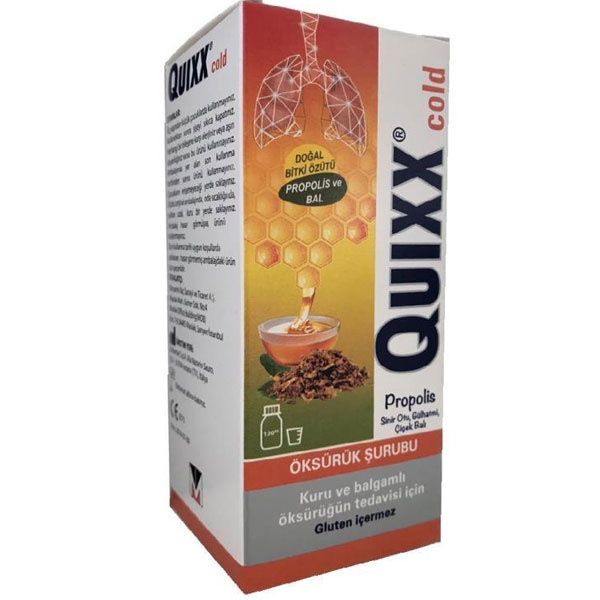
- Quixx
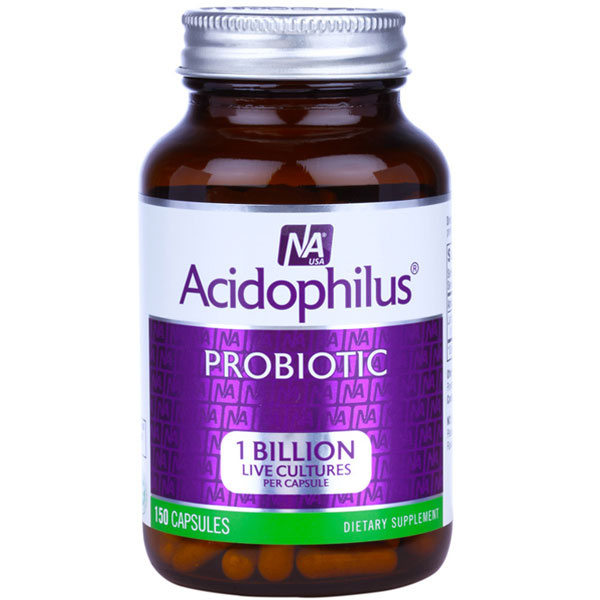
- Natrol

- Marnys
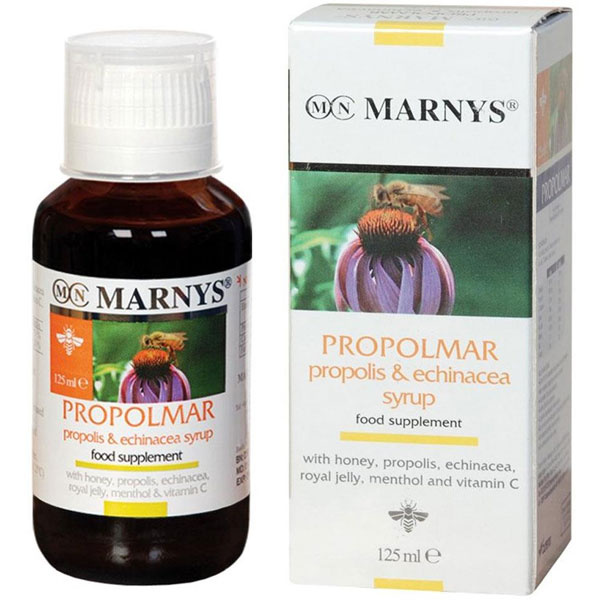
- Marnys
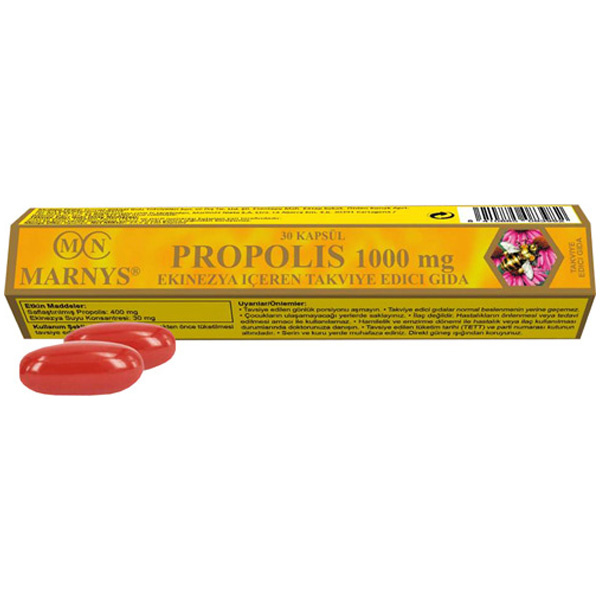
- Marnys
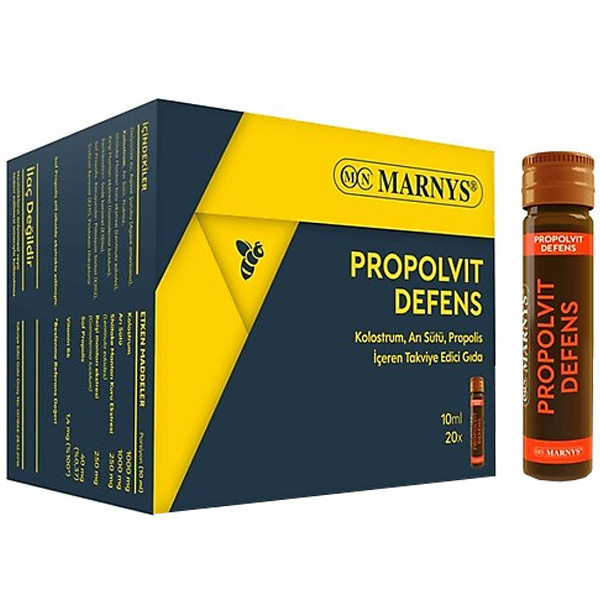
- Marnys
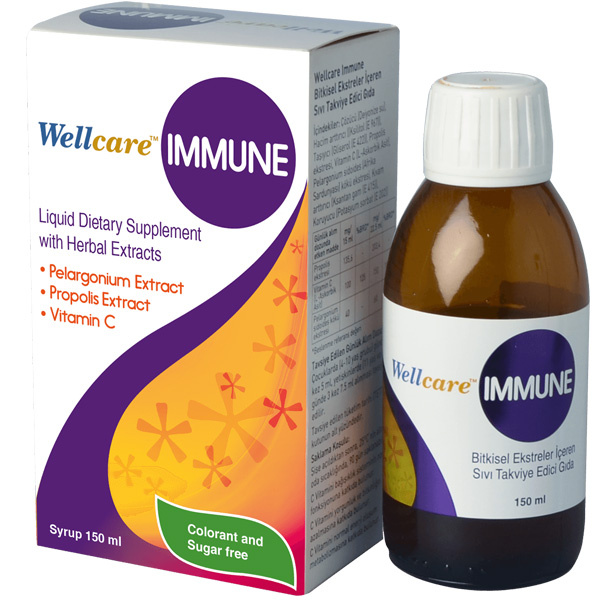
- Wellcare
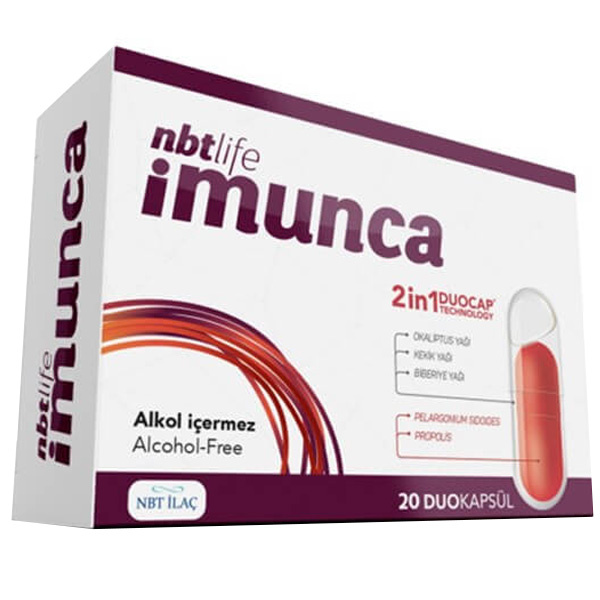
- Nbt İlaç
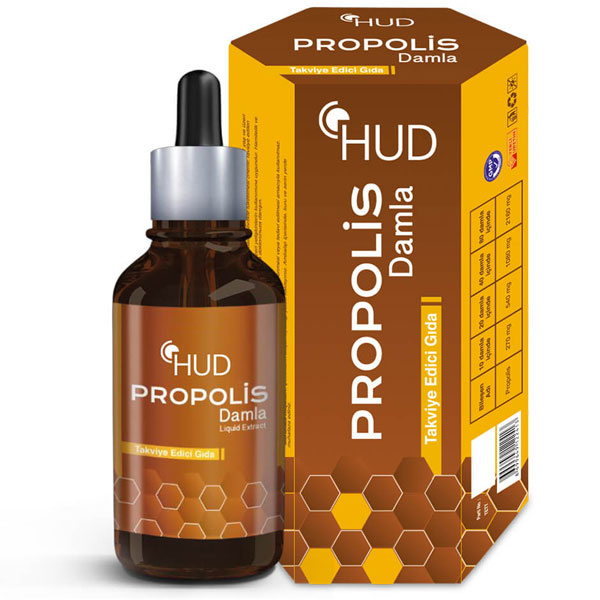
- Hud Collagen
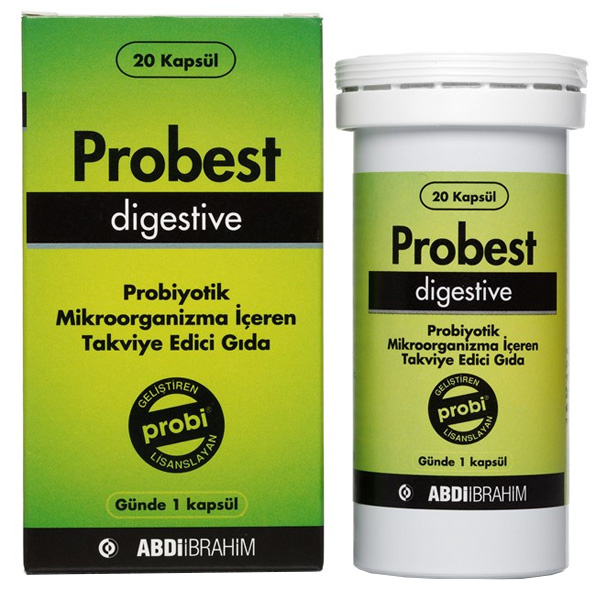
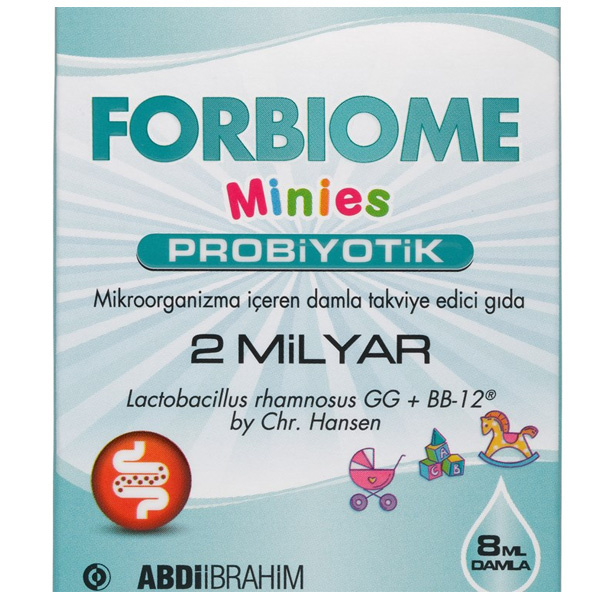
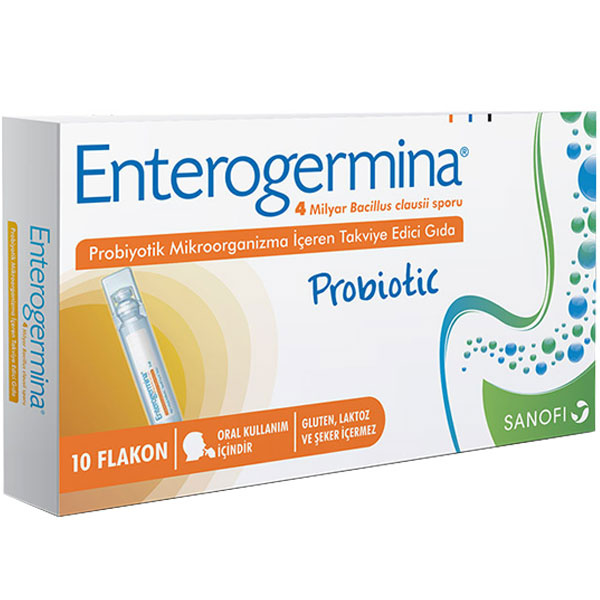
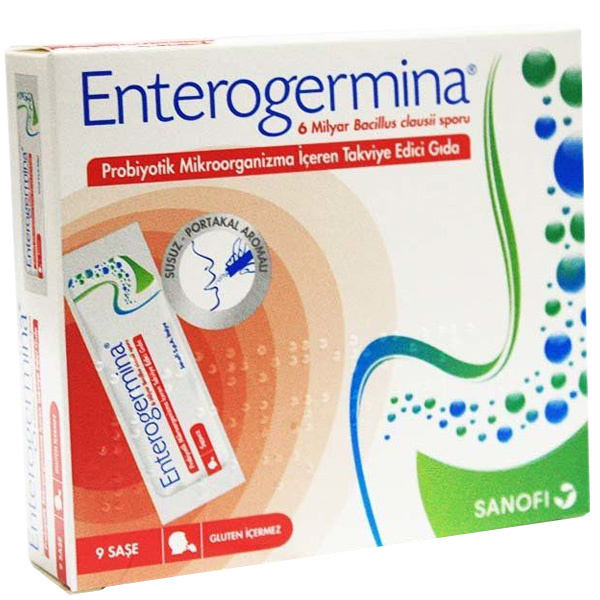
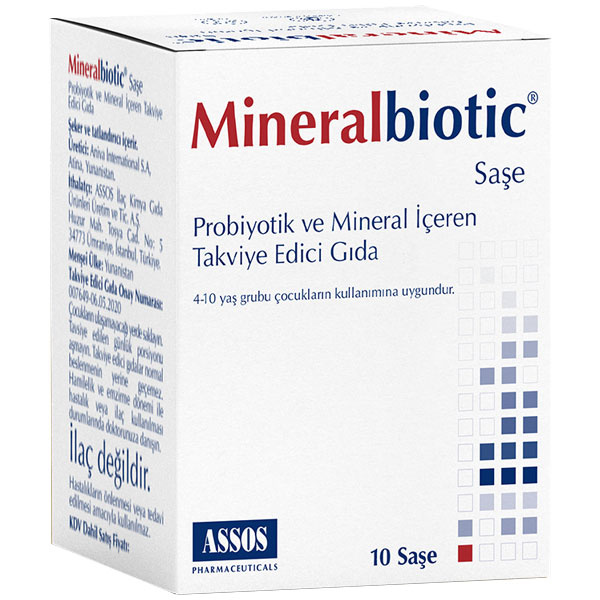
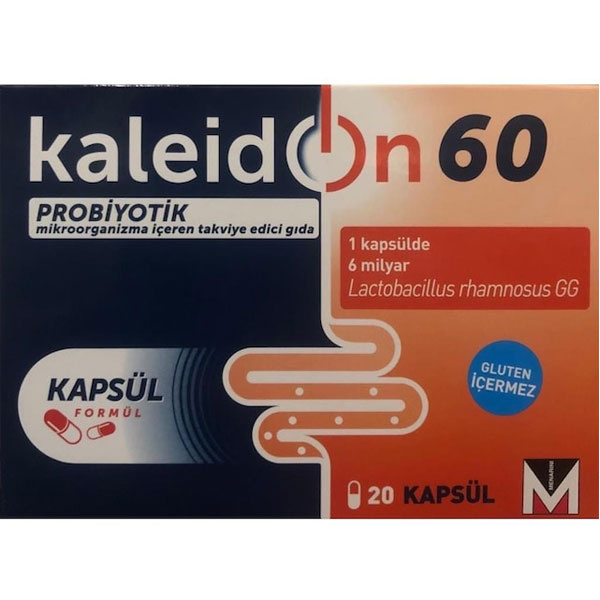
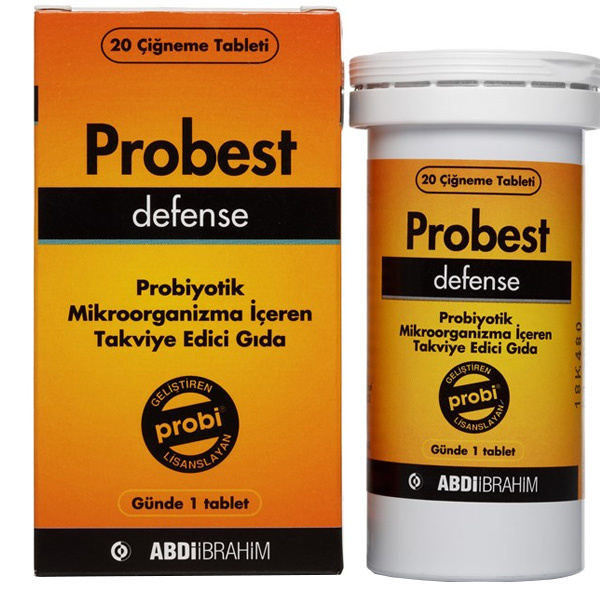
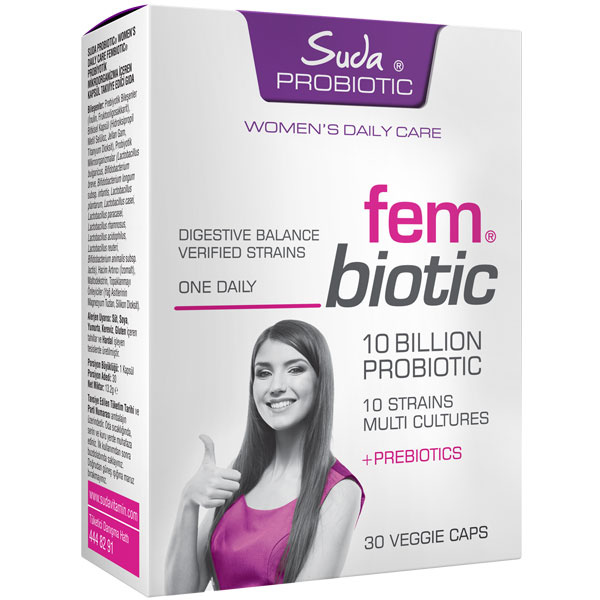
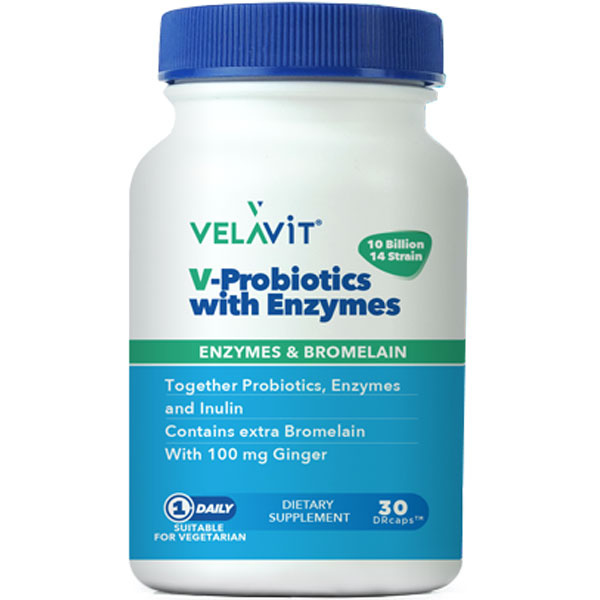
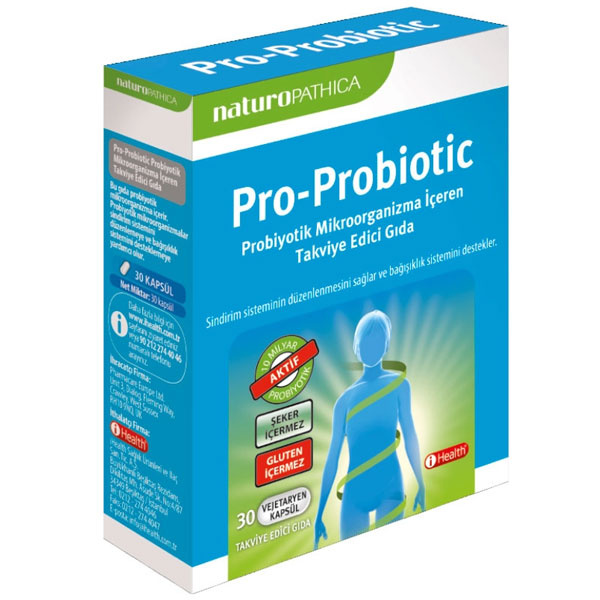
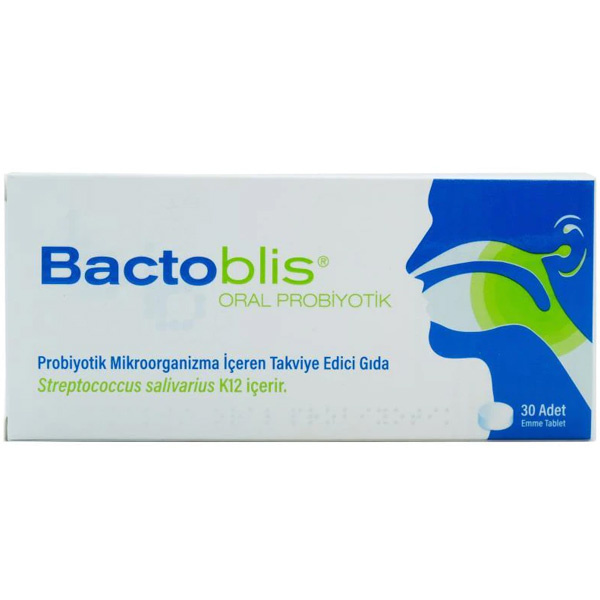

About Us
Consulting about Probiotics and Prebiotics
We have extensive experience in sales, direct export deliveries. We have been supplying Turkey and shipping to Georgia, Russia, Russia and Europe for over 10 years.
- Supply planning for 3, 6, 12 months
- Finding warehouses with the right volumes for optimal logistics
- Organising export deliveries to Asia, Africa, Europe and Russia
Understanding Probiotics and Prebiotics Wholesale
Introduction
In recent years, probiotics and prebiotics have become increasingly popular as people search for ways to improve their gut health and overall wellness. These supplements, which can be found in foods such as yogurt, kefir, and sauerkraut, contain beneficial bacteria that can help to promote a healthy gut microbiome. However, finding high-quality probiotics and prebiotics can be a challenge, especially if you are looking to purchase these supplements in bulk. In this article, we will take a closer look at probiotics and prebiotics wholesale, and explore the factors that you should consider when making a purchase.
What are Probiotics and Prebiotics?
Probiotics are live bacteria that can be found in certain foods and supplements. They are thought to help maintain a healthy balance of bacteria in the gut, which can help to improve overall gut health and wellness. Prebiotics, on the other hand, are types of dietary fiber that act as food for the probiotics, helping them to thrive in the gut.
Benefits of Probiotics and Prebiotics
There are numerous potential benefits of taking probiotics and prebiotics, including improved digestion, a stronger immune system, and reduced symptoms of certain digestive disorders such as Irritable Bowel Syndrome (IBS). In addition, some studies have also suggested that probiotics and prebiotics can help with weight management, and may even help to reduce the risk of certain types of cancer.
Factors to Consider When Buying Probiotics and Prebiotics Wholesale
When buying probiotics and prebiotics wholesale, there are a number of factors that you should consider in order to ensure that you are getting the best possible quality. Some of the most important factors to consider include:
-
The source of the probiotics: It is important to make sure that the probiotics you are buying come from a reputable source. Look for brands that have been tested and certified by independent third-party organizations, such as the International Probiotic Association.
-
The type of probiotics: There are many different types of probiotics, each with its own unique set of benefits. When making a purchase, it is important to understand the differences between the various types of probiotics, and to choose the one that is best suited to your needs.
-
The purity of the probiotics: Make sure that the probiotics you are buying are pure, and do not contain any additives or contaminants. This can be particularly important for people with sensitive digestive systems.
-
The potency of the probiotics: Probiotics are typically measured in terms of colony-forming units (CFUs), which represent the number of live bacteria in each serving. When making a purchase, it is important to choose a product with a high CFU count, in order to ensure that you are getting the maximum benefits.
Conclusion
In conclusion, probiotics and prebiotics wholesale can be a great way to purchase high-quality supplements at a lower cost. However, it is important to carefully consider the factors mentioned above, in order to ensure that you are getting the best possible product for your needs. By taking the time to do your research and make an informed decision, you can help to ensure that you are getting the most out of your probiotics and prebiotics, and supporting your overall health and wellness.
Understanding Probiotics and Prebiotics Wholesale
Introduction
In recent years, probiotics and prebiotics have become increasingly popular as people search for ways to improve their gut health and overall wellness. These supplements, which can be found in foods such as yogurt, kefir, and sauerkraut, contain beneficial bacteria that can help to promote a healthy gut microbiome. However, finding high-quality probiotics and prebiotics can be a challenge, especially if you are looking to purchase these supplements in bulk. In this article, we will take a closer look at probiotics and prebiotics wholesale, and explore the factors that you should consider when making a purchase.
What are Probiotics and Prebiotics?
Probiotics are live bacteria that can be found in certain foods and supplements. They are thought to help maintain a healthy balance of bacteria in the gut, which can help to improve overall gut health and wellness. Prebiotics, on the other hand, are types of dietary fiber that act as food for the probiotics, helping them to thrive in the gut.
Benefits of Probiotics and Prebiotics
There are numerous potential benefits of taking probiotics and prebiotics, including improved digestion, a stronger immune system, and reduced symptoms of certain digestive disorders such as Irritable Bowel Syndrome (IBS). In addition, some studies have also suggested that probiotics and prebiotics can help with weight management, and may even help to reduce the risk of certain types of cancer.
Factors to Consider When Buying Probiotics and Prebiotics Wholesale
When buying probiotics and prebiotics wholesale, there are a number of factors that you should consider in order to ensure that you are getting the best possible quality. Some of the most important factors to consider include:
-
The source of the probiotics: It is important to make sure that the probiotics you are buying come from a reputable source. Look for brands that have been tested and certified by independent third-party organizations, such as the International Probiotic Association.
-
The type of probiotics: There are many different types of probiotics, each with its own unique set of benefits. When making a purchase, it is important to understand the differences between the various types of probiotics, and to choose the one that is best suited to your needs.
-
The purity of the probiotics: Make sure that the probiotics you are buying are pure, and do not contain any additives or contaminants. This can be particularly important for people with sensitive digestive systems.
-
The potency of the probiotics: Probiotics are typically measured in terms of colony-forming units (CFUs), which represent the number of live bacteria in each serving. When making a purchase, it is important to choose a product with a high CFU count, in order to ensure that you are getting the maximum benefits.
Frequently Asked Questions (FAQs)
What is the recommended daily dose of probiotics?
The recommended daily dose of probiotics can vary depending on the specific product you are using, as well as your individual needs and health status. Generally, a dose of 1-10 billion CFUs per day is considered to be safe and effective for most people.
Can probiotics be taken with other medications?
In general, probiotics are considered to be safe and can be taken alongside most medications. However, it is always important to check with your healthcare provider before starting any new supplement regimen, to ensure that it is safe for you.
Are there any side effects of taking probiotics?
In most cases, probiotics are considered to be safe and do not cause any significant side effects. However, some people may
Where to Find Reliable Information on Probiotics and Prebiotics
With so much information available online about probiotics and prebiotics, it can be difficult to know where to turn for reliable and accurate information. Some good sources of information include:
-
The International Scientific Association for Probiotics and Prebiotics (ISAPP): ISAPP is a non-profit organization that aims to promote the science of probiotics and prebiotics, and provides a wealth of information on these topics.
-
The National Center for Complementary and Integrative Health (NCCIH): The NCCIH is a research organization that provides information on complementary and alternative medicine, including probiotics and prebiotics.
-
The Cochrane Library: The Cochrane Library is a collection of high-quality, evidence-based healthcare resources, and includes reviews and summaries of research on probiotics and prebiotics.
By turning to these trusted sources of information, you can be sure that you are getting accurate and reliable information on probiotics and prebiotics, and can make informed decisions about which products to buy.
Conclusion
Probiotics and prebiotics wholesale can be an excellent option for people looking to improve their gut health and overall wellness. However, it is important to do your research and choose a high-quality product from a reputable source. By considering factors such as the type and purity of the probiotics, as well as the source and potency, you can ensure that you are getting the most benefit from your supplement regimen. With the right product and the right information, you can take control of your gut health and enjoy all the benefits that probiotics and prebiotics have to offer.
At Open-NearMe.com, our passionate community of contributors brings you firsthand insights into Singapore's top attractions. From iconic landmarks like Marina Bay Sands and Sentosa Island to lesser-known treasures like Haji Lane's artistic alleyways and East Coast Park's serene beaches, we've got you covered with detailed reviews, stunning photography, and insider tips.
